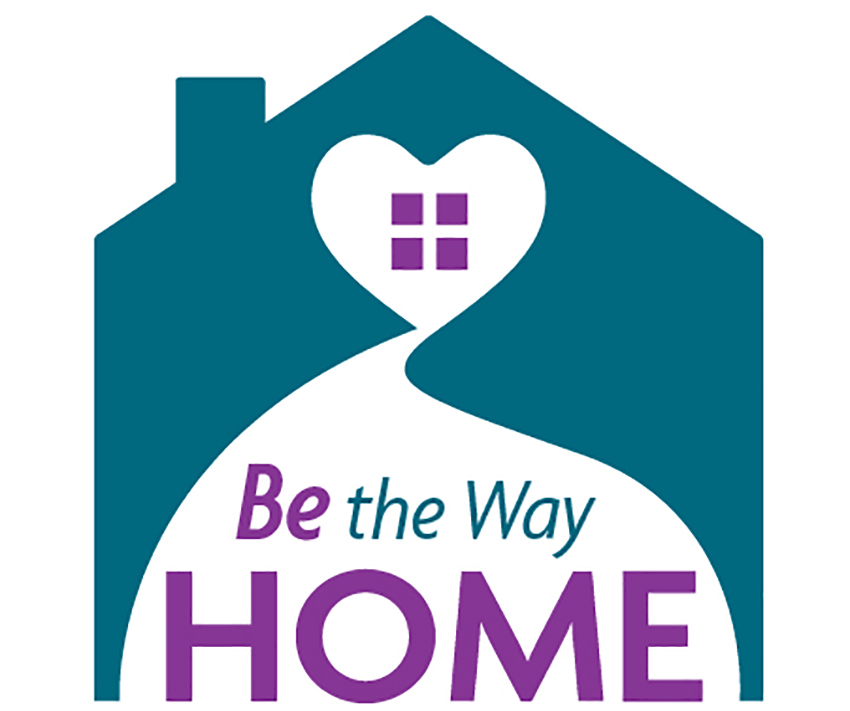Why become a foster parent?
When you become a foster parent, you provide children and youth a safe, loving, temporary home. You make it possible for them to stay in their school and stay connected to their parents and siblings.
If you have a family member in foster care, learn how you can support them by visiting our kinship page.
What kind of foster parents are you looking for?
- Supportive of siblings staying together
- Racially and culturally diverse
- Open and affirming of LGBTQIA+ children and youth
- Aware that foster care is temporary
- Supportive of parents and their path towards reunification
- Open to care for medically fragile/medically complex children
- Open to caring for children with extensive emotional, behavioral, and physical needs
What support can I expect to receive?
- A monthly foster care maintenance payment based on the age and needs of the child or youth. Learn more by reviewing the Caregiver Supports Resource Level Determination guide.
- Reimbursement for transportation expenses.
- Free, high-quality training through The Alliance and great support through The Alliance Caregiver Retention, Education, and Support (CaRES) program. Learn more by visiting the The Alliance and CaRES websites.
- A break through respite care. Respite care is when the children placed in your foster home stay in another licensed foster home temporarily. Foster parents earn two days of respite care each month.
- Access to pass programs and discounts to help with the cost of activities and experiences. Visit our Support and Resources page to learn more!
What about adopting from foster care?
For children who are removed from their parents and are not able to return, other permanent options like guardianship and adoption may be considered.
There may be situations where children in foster care will need a non-relative adoptive home. If you are interested in adoption from foster care, please note that Washington requires adoptive families to be fully licensed as a foster parent with the intention of adopting. If you would like to learn more about adoption through foster care, refer to DCYF’s adoption page.
What if I'm not ready to foster full-time?
Respite care is a great way to start fostering, especially if you have not parented or supervised children and youth experiencing foster care.
Respite care is time-limited, temporary care intended to give caregivers a break. Caregivers use respite for many different reasons from attending overnight training, getting some rest and relaxation, or to help prevent a placement disruption (just to name a few reasons).
There are two ways to become a respite provider:
- Get Licensed to Provide Respite Care
- Licensed foster parents support other licensed foster parents by caring for children and youth experiencing foster care who are placed in another foster parent’s home.
- Let your Licensing Division worker know you want to provide respite for full-time foster parents.
- Follow the licensing process steps.
- Certified Respite Providers
- Individuals who go through the certification process can provide support in any licensed foster home.
- The certification process has fewer steps than the licensing process.
- Certified respite is provided in a licensed foster home and can be provided to a general home or a specific home that the respite provider knows.
- The first step is to email your region's Licensing Division team and tell them you are interested in becoming a certified respite provider.
- Region 1 | dcyf.fostercarelicensingregion1@dcyf.wa.gov
- Region 2 | dcyf.fostercarelicensingregion2@dcyf.wa.gov
- Region 3 | dcyf.fostercarelicensingregion3@dcyf.wa.gov
- Region 4 | dcyf.fostercarelicensingregion4@dcyf.wa.gov
- Region 5 | dcyf.fostercarelicensingregion5@dcyf.wa.gov
- Region 6 | dcyf.fostercarelicensingregion6@dcyf.wa.gov
- Figure out which region you are in using the DCYF Regional Map
Contacts for Spanish Speakers – Dirección de correo electrónico para personas que hablan Español dcyf.fostercarelicensingespanol@dcyf.wa.gov

